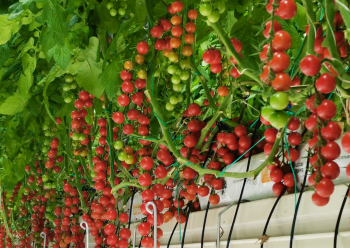Greenhouses: A Path to Food Security and Ecological Sustainability
09/18/2025
Hongqiangsheng
Amid the global wave of agricultural transformation and sustainable development, greenhouses play a pivotal role. As a vital carrier of modern agriculture, they are not only tools to increase yields but also strategic facilities that drive social, economic, and ecological progress on multiple fronts.
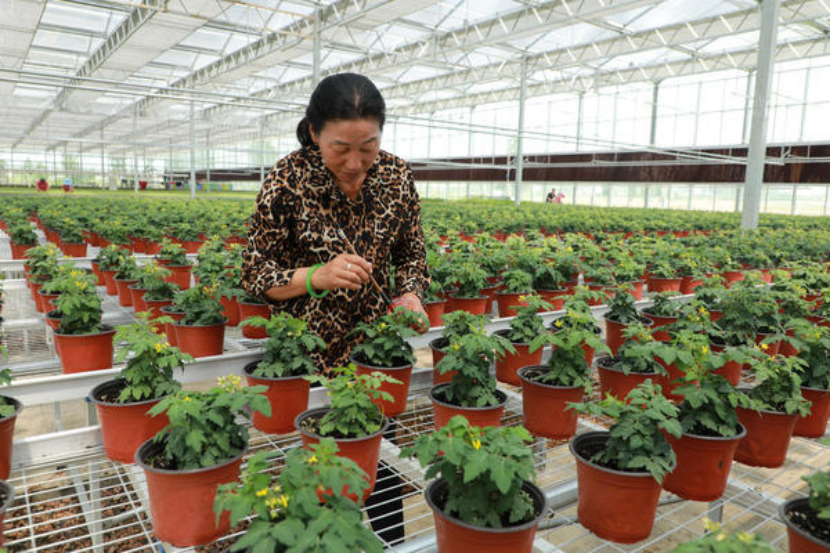
1. Safeguarding Food Security
With the world’s population continuously growing, food demand is on the rise. Greenhouses enable cultivation independent of natural climate conditions, ensuring year-round stable production. This significantly reduces the risks posed by natural disasters and climate change, making greenhouses a key solution for securing food supplies regionally and globally.
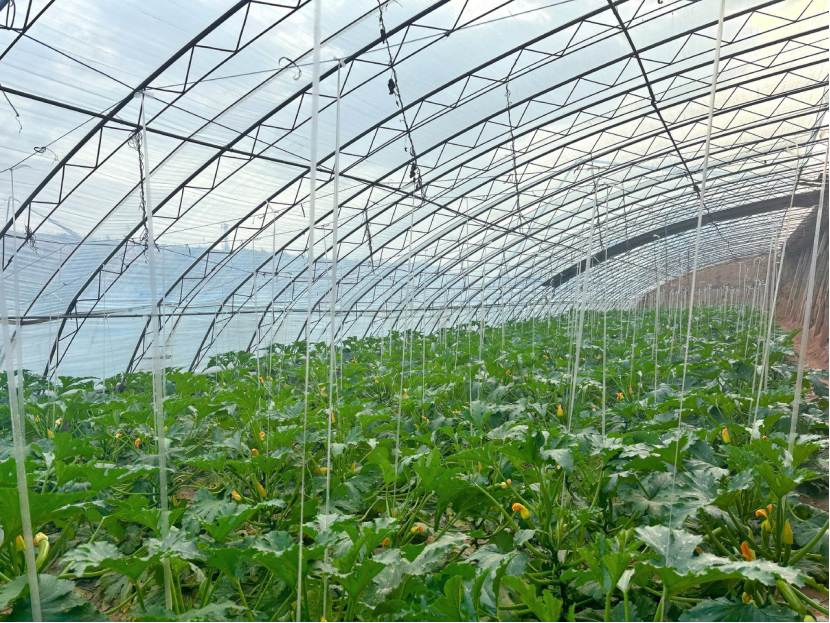
2. Efficient Resource Utilization
By precisely controlling water, nutrients, and light, greenhouses greatly enhance resource efficiency. For example, drip irrigation and water recycling systems can achieve several times the efficiency of traditional farming. Through scientific management, greenhouses deliver high yields on limited land, offering a crucial path to resolving land-resource constraints.
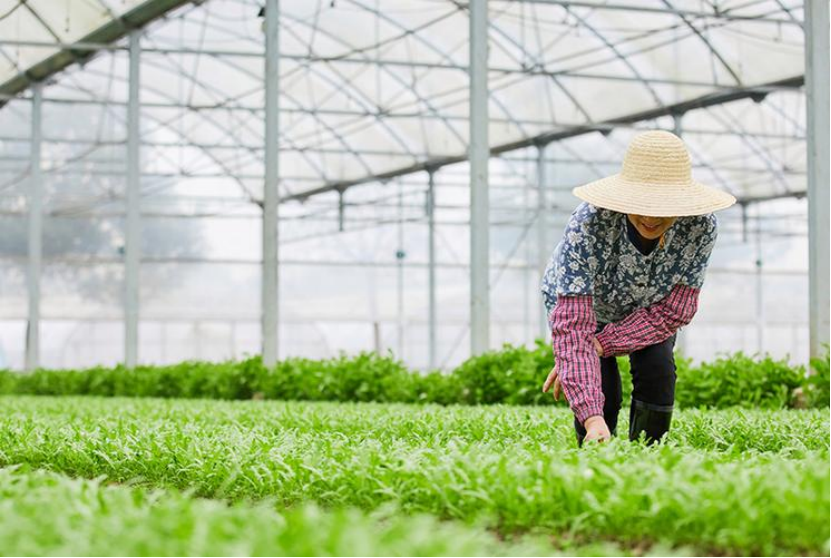
3. Driving Agricultural Modernization
Greenhouses integrate advanced technologies such as IoT, artificial intelligence, and big data to form smart farming models. Sensors and automated systems monitor humidity, temperature, light, and CO₂ levels in real time, enabling precise and controlled production. This not only transforms traditional farming practices but also lays the foundation for digital and smart agriculture.
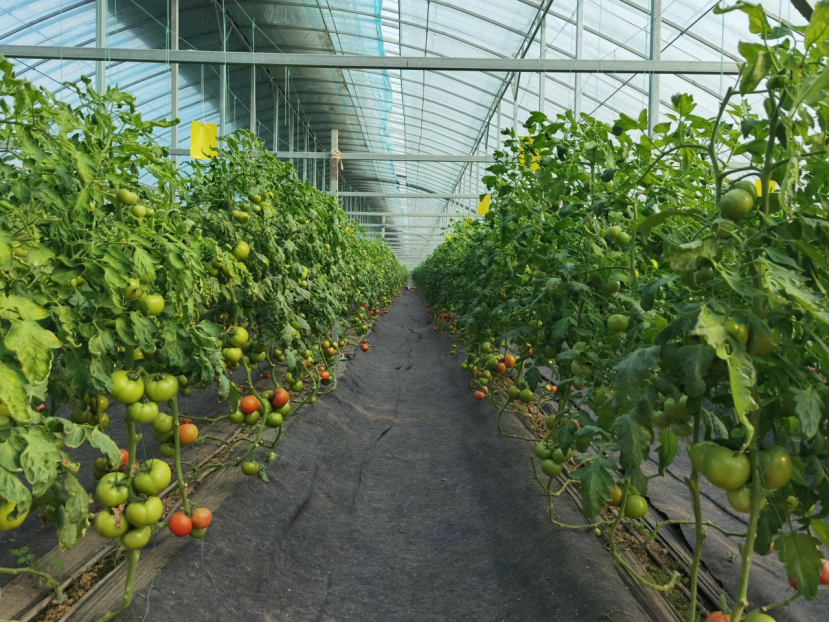
4. Boosting Economic Growth and Employment
The greenhouse industry spans design, manufacturing, construction, cultivation, logistics, and sales, creating a robust industrial chain that drives large-scale employment and regional economic growth. Especially in developing countries, greenhouses provide farmers with new income opportunities while attracting capital and technology to accelerate rural economic transformation.
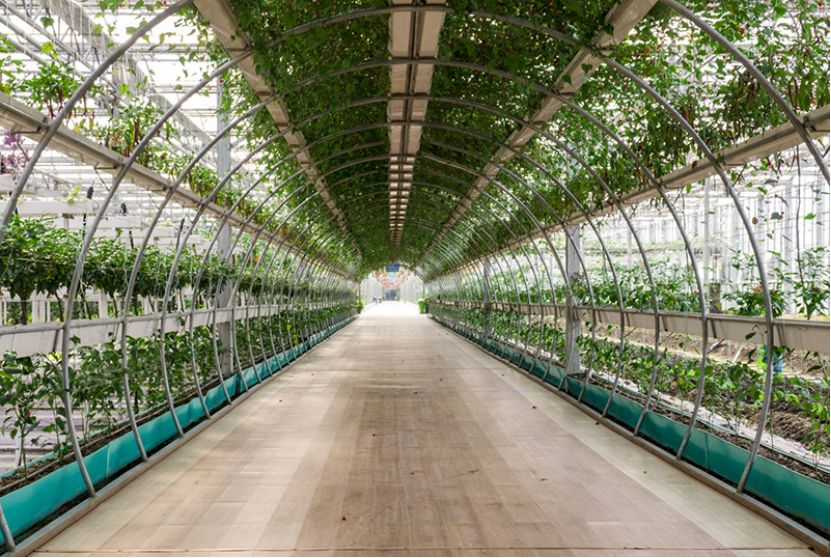
5. Addressing Climate Change and Protecting Ecology
Climate change brings droughts, floods, and extreme weather, posing severe challenges to traditional agriculture. Greenhouses, with their controlled environments, mitigate these risks and ensure sustainable, low-risk production. At the same time, greenhouse farming reduces pesticide and fertilizer use, helping protect soil and water resources while fostering eco-friendly agricultural practices.
A greenhouse is far more than a framework of steel and covering materials—it embodies the future of agriculture. By closely linking food security, technological innovation, economic growth, and ecological sustainability, greenhouses offer a viable solution to the global challenges of the 21st century. In this new era, they are evolving from simple agricultural tools into powerful drivers of agricultural progress and human civilization.


